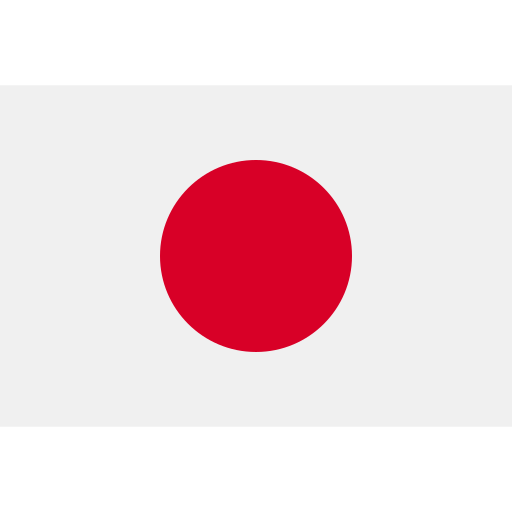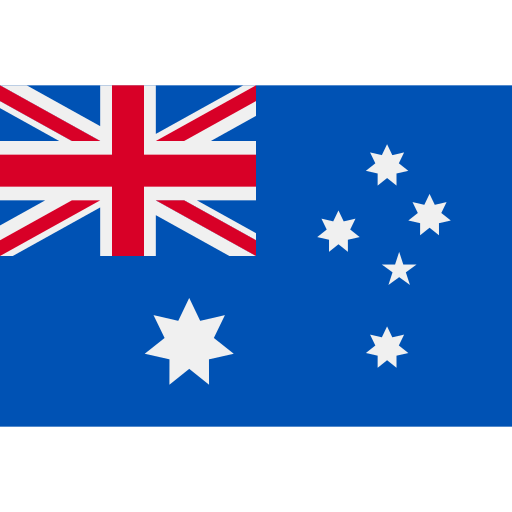China starts enforcing ‘no-trespassing’ policy
[ad_1]
BEGINNING today, June 15, the China Coast Guard (CCG) will start detaining foreigners who intrude in the waters of the West Philippine Sea, where a long-running territorial row between China and the Philippines has fueled tensions.
A new directive authorizes the CCG to detain individuals “endangering national security and interests, disrupting social and public order, or those engaging in illegal and criminal activities.”
Detention could last for up to 30 days.
The directive was issued last May, after a fleet of Philippine civilian boats brought food and provisions to Filipino fishermen in Bajo de Masinloc, a shoal well within the country’s 370-kilometer exclusive economic zone (EEZ).
Chinese authorities seized control of Bajo de Masinloc in 2013 and have since restricted the number of Filipino fishermen there.
Philippine Navy spokesman for the West Philippine Sea Commodore Roy Vincent Trinidad said the Navy will coordinate with the other armed forces services, the Philippine Coast Guard (PCG) and the Bureau of Fisheries and Aquatic Resources (BFAR), to prevent the apprehension and detention of Filipinos venturing into the West Philippine Sea.
Trinidad said the Philippines is not the only Southeast Asian country concerned about China’s new “no trespassing” policy.
“This is not only the problem of the Philippines, but the problem of Asean (Association of Southeast Asian Nations) and the international community,” he said.
Filipino fishermen worry about being apprehended, but said they have no choice but to defy China’s new regulation.
“May takot at pag-aalinlangan ang marami sa ating mga kasamahan na mga mangingisda na palaging nagtutungo sa ilang bahagi ng West Philippine Sea para manghuli ng isda lalo na sa Bajo [de Masinloc] (There is fear and doubt among many of our fellow fishermen who always go to parts of the West Philippine Sea to catch fish at Bajo de Masinloc),” Pablo Rosales, Pagkakaisa ng mga Samahan ng Mangingisda (Pangisda-Pilipinas) national chairman, told The Manila Times in a phone interview on Friday.
“Subali’t kahit ganito ang kanilang nararamdaman, wala silang magagawa kung hindi suwayin ang bagong kautusan ng Tsina at ipagpatuloy nila ang kanilang mga gawain upang hindi magutom ang kanilang pamilya (But even if they feel this way, they have to defy China’s new regulation and push through with their activities, or their families will starve),” Rosales said.
President Ferdinand Marcos Jr. described the new policy as “unacceptable,” and said he will take “whatever measures to always protect our citizens.”
Herman Laurel, president of the Manila-based think tank Asian Century Philippines Strategic Studies Institute (ACPSSI), defended Beijing’s new policy.
“China has its right and responsibility to set out its rules and regulations to guide its Coast Guard to fulfill its duties and enhance its effectiveness in the application of its maritime laws,” Laurel said.
“Reading the purpose of China’s new maritime guidelines for its Coast Guard ensures greater standardization of the administrative law-enforcement procedures and better maintains order at sea, consistent with universal practices, and does not target any specific person or maritime area,” he said.
“Of course, China maintains that its territorial sovereignty and maritime rights and interests claims remain unchanged and will defend its territorial sovereignty and maritime interests and rights. However, China makes it crystal clear that it is committed to properly handling maritime disputes and differences through negotiation and consultation with relevant countries,” he said.
In Washington, US intelligence and foreign policy experts said America is just using the Philippines to create the conditions of potential conflict with the Chinese, even though it knows it cannot fight and engage China and win.
The US “is using [the Philippines]. You are a tool, nothing but a tool. And when the tool ceases to be useful, we will discard you,” said Scott Ritter during an online media briefing early Thursday morning (Manila time) at the US National Press Club in Washington.
“It’s high time the Filipino people pressure their government to start sitting down and engaging the Chinese government responsibly… [because] China is not your enemy. China is your neighbor. China is your friend,” said Ritter, a former US Marine intelligence officer and United Nations Special Commission weapons inspector.
Since Beijing does not want war, the Philippines could engage China in diplomacy, “a skill set America has long since lost,” he said.
“But the Filipinos, the Philippine people can reignite this, to relearn it, to use this skill to prevent a war,” said Ritter, who was deployed to Subic in 1986 as a platoon commander.
“Grow up and act responsibly. Take control of your own future. America is not here to help you,” he added.
Retired military officer Col. Richard Black agreed it is time for the Philippines “to use diplomacy and to attempt to resolve the issue.”
“Whatever you do, do not simply become a tool of the United States and be led into an armed conflict that ends up in disaster for the Filipino people. Because if you do, you will break the heart of a whole lot of us who just dearly love the Philippines and the people of the islands,” said Black, a retired politician who served in the Virginia legislature.
In Manila, Cagayan de Oro 2nd District Rep. Rufus Rodriguez called on the Senate to approve his proposal that seeks to define the country’s archipelagic lanes to prevent the intrusion of Chinese ships and other foreign vessels and aircraft in the West Philippine Sea.
The sighting of Chinese warships in the Basilan Strait should prod the Senate to pass House Bill 9034 once Congress starts its third and last regular session in July, Rodriguez said.
“We should take all measures to protect our nation’s territorial integrity and sovereignty. The Chinese are not only intruding in the western part of our country but in the south as well,” Rodriguez said.
House Bill 9034 would set the coordinates designating the sea lanes and air routes for the continuous and expeditious sailing or flight of foreign ships and aircraft exercising the right of innocent passage.
Vessels or planes should not deviate more than 25 nautical miles from the designated passage routes and should not make any activity other than transiting expeditiously.
Rodriguez said that the enactment of the bill would strengthen the enforcement by the military and other authorities of sovereign rights within its territory.
“As usual, we should expect adverse reactions from the Chinese, which we should ignore. Let’s think only of our national interest,” Rodriguez said.
The House of Representatives approved the measure on third and final reading on December 12 and transmitted it to the Senate on the following day.
[ad_2]
Read More:China starts enforcing ‘no-trespassing’ policy

 Canada
Canada Japan
Japan Germany
Germany Australia
Australia United States
United States United Kingdom
United Kingdom China
China France
France Ukraine
Ukraine Russia
Russia Turkey
Turkey
Comments are closed.